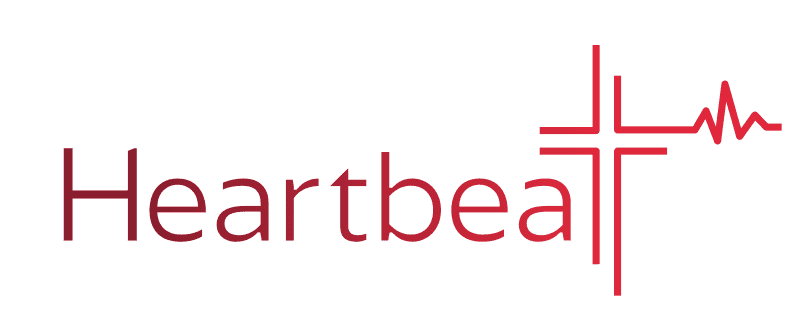A student recently asked me, “Prof., Is it because those in Wuhan Province ate bats, which the Law prohibits, that COVID-19 came on them, as a punishment?” I was astonished at her question. She was seeking someone or some action to blame for this virus.

Her instinct isn’t, however, new. When the disciples saw a visually impaired man, they asked the Lord, “Rabbi, who sinned, this man or his parents, that he was born blind?” (John 9:2). [1]Their curiosity is natural: someone must have sinned for this calamity to fall upon the visually impaired person. They reflected the same mindset of Eliphaz the Temanite who said to the afflicted Job: “Consider now: Who, being innocent, has ever perished? Where were the upright ever destroyed? As I have observed, those who plow evil and those who sow trouble reap it” (Job 4:7–8). Eliphaz’s conclusion is obvious: Job—you have sinned. When the disciples drew a similar conclusion—either the visually impaired man or his parents must have sinned—the Lord corrected their misconception: “Neither this man nor his parent sinned” (John 9:3). Saying that, he gave the disciples a glimpse into the mind of God: “This happened so that the works of God might be displayed in him” (John 9:4). He then spat on the ground, made some mud with the saliva, put it on the man’s eyes, and commissioned him to go to the Pool of Siloam and wash himself (John 9:6–7a). Just as he did, his eyes were restored and he “came home seeing” (John 9:7b). God’s work was displayed in him that day.
It is always wrong to assume that someone must have sinned that a calamity falls on him or her. The Lord very clearly explained this not only in the story of the above-mentioned story, but also in what he said in Luke, “Do you think that these Galileans were worse sinners than all the other Galileans because they suffered this way? . . . Or those eighteen who died when the tower in Siloam fell on them—do you think they were more guilty than all the others living in Jerusalem?” (Luke 13:2, 4). The Lord was referring to two events. The first may have been an event that Josephus narrated in his book: a Samaritan, in the district of Galilee, incited a rebellion against Pilate and Jews by asking the people to gather on Mount Gerizim to worship. Those worshippers came with arms and readied to climb the Mount. Just then, Pilate seized “the roads with a great band of horsemen and footmen, who fell upon those that were gotten together in the village; and when they came to an action, some of them slew, and others of them they put to flight, and took a great many alive, the principal of whom, and also the most potent of those that fled away, Pilate ordered to be slain.” [2]
The second event is located in the southeast corner of Jerusalem, at the pool of Siloam. The canal that King Hezekiah built ended in this pool. During New Testament times, it was covered by a portico with colonnades built by Herod the Great (John 5:3). [3] A freak accident—possibly a “structural failure of what may have been nothing more than scaffolding [giving-in]” [4] —killed 18 people. Again, the people assigned blame. They concluded that these Galileans and Judeans who died must have been more sinful than they (Luke 13:2, 4). The Lord asked them: Were they “worse sinners than all” or “more guilty than all”? He, then, said: “I tell you, no!” (Luke 13:3a, 5a). They didn’t die because they were more guilty than the living Galileans and Judeans. Saying that, the Lord gave a warning: “Unless you repent, you too will all perish” (Luke 13:3b, 5b). Whether in premature death or timely death, what truly counts is one’s repentance.

As we go through these horrible days of uncertainty with the COVID-19 virus, our task isn’t to assign blame, look down on the infected, or avoid them as if they are worse sinners than we. “This [has] happened so that the works of God might be displayed” (John 9:3b). What everyone needs is true repentance. That’s our task: to bring everyone to the Lord’s love, even in these uncertain days.
[1] Scriptures are from the NIV text.
[2] Josephus, Antiquities, 18.4.1 Loeb series. For other options see Bock, who gives four other candidates. Darrell L. Bock, Luke: Volume 2, 9:51–24:53, Baker Exegetical Commentary on the New Testament, ed., Moisés Silva (Grand Rapids: Baker Books, 1996), 1205.
[3] Fran?ois Bovon, Luke 2: A Commentary on the Gospel of Luke 9:51–19:27, Translated by Donald S. Deer, Hermeneia: A Critical and Historical Commentary on the Bible, edited by Helmut Koester (Minneapolis: Fortress Press, 2013), 269.
[4] Bock, Luke, 1207.



